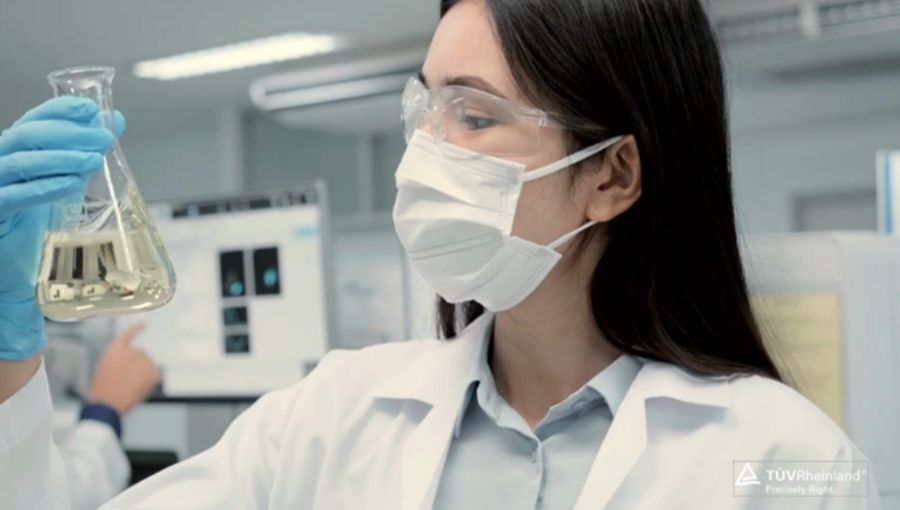TÜV Rheinland has enhanced its PFAS testing services at its Benton, Arkansas laboratory to help manufacturers comply with increasing regulations on per- and polyfluorinated substances (PFAS), commonly known as “forever chemicals.”
With stringent restrictions being implemented in the European Union and several U.S. states, TÜV Rheinland now offers advanced testing methods to detect and identify PFAS compounds in plastics, food-contact materials, children’s products, and personal care items.
The testing process includes bomb combustion analysis to determine the presence of fluorine, followed by gas and liquid chromatography to identify specific PFAS compounds. This supply chain traceability helps companies pinpoint contamination sources and ensure long-term regulatory compliance.
Expanded Testing Capabilities
TÜV Rheinland has already increased its testing range to identify over 200 PFAS substances, with plans to expand to 300 by the end of the quarter and eventually reach 500. While thousands of PFAS chemicals exist, testing is currently focused on substances specifically targeted by regulations.
According to Geoffrey Bock, Technical Manager for Chemical Services at TÜV Rheinland, the long-term nature of PFAS contamination means that manufacturers and suppliers must continuously test materials and maintain compliance. “Due diligence is key. Every year, we need to go back, take probes, and ensure products remain within regulatory limits,” Bock emphasized.
With PFAS regulations tightening globally, TÜV Rheinland’s expanded capabilities provide critical support for manufacturers seeking compliance, supply chain transparency, and long-term sustainability.

